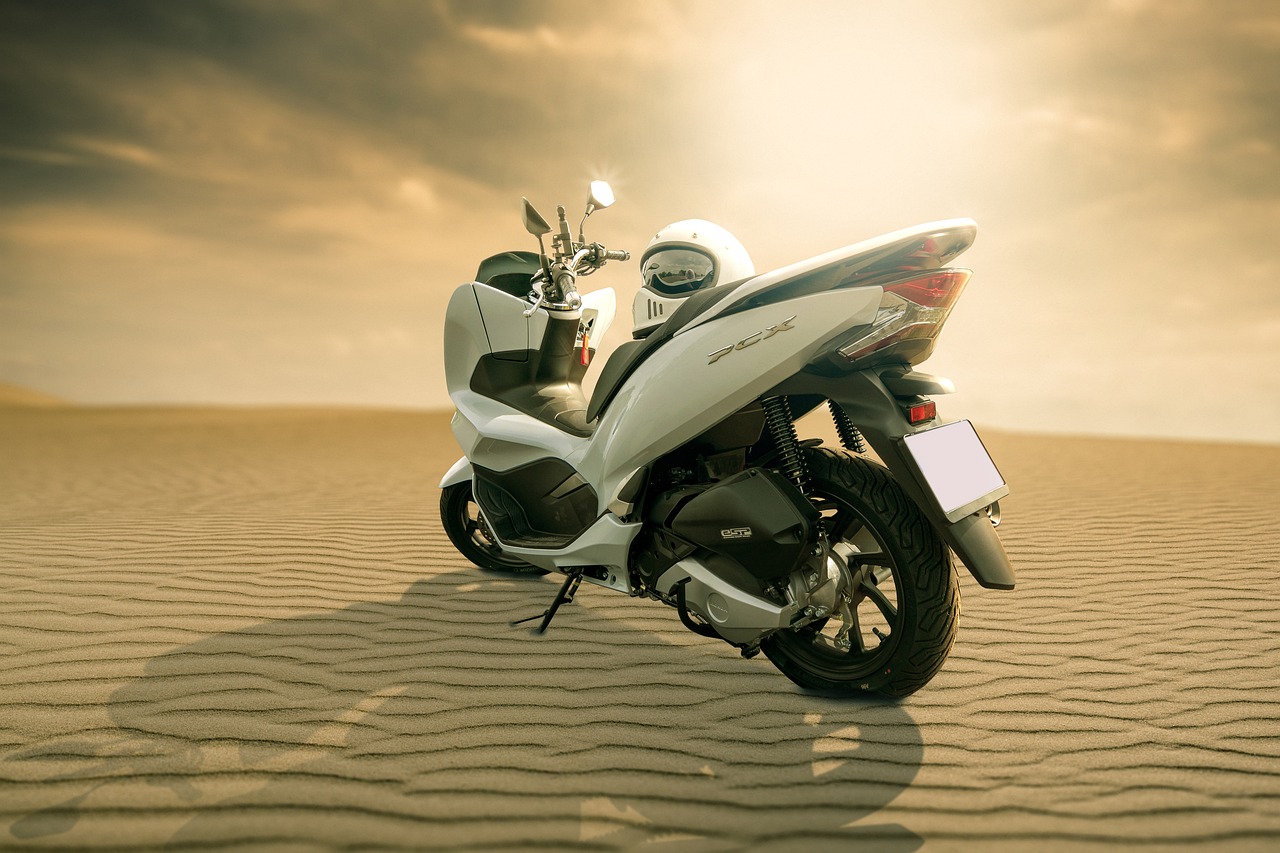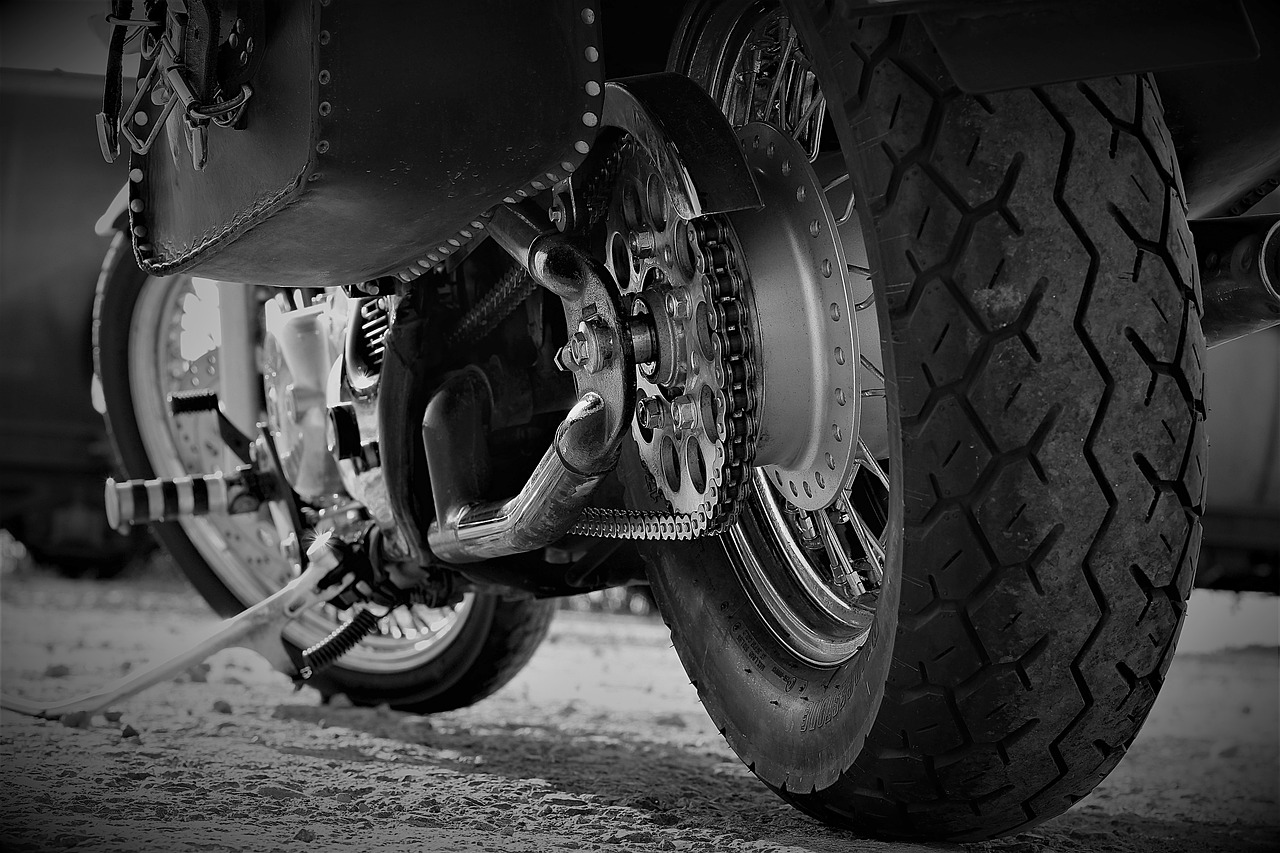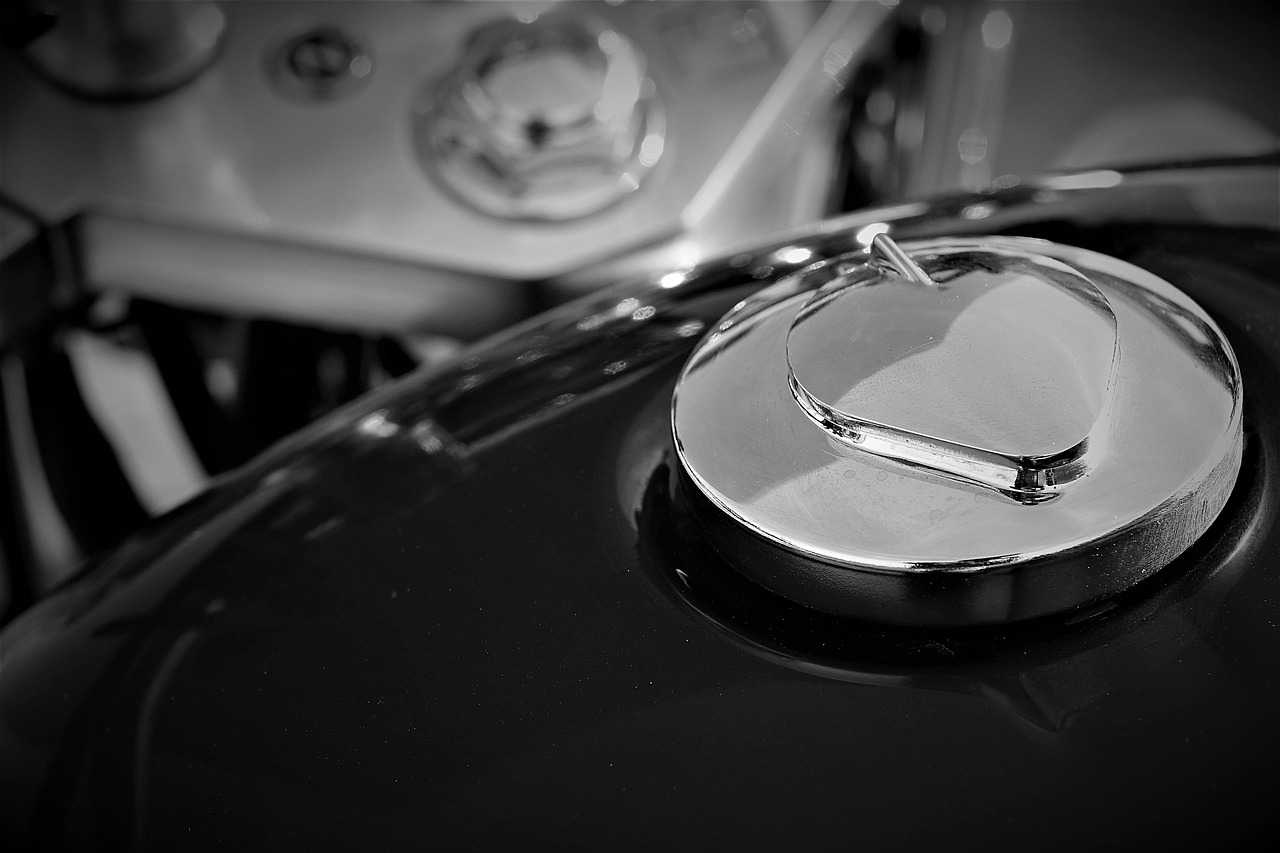Does the Honda Accord feature four-wheel drive (4WD)? This question often arises among potential buyers who are considering this popular sedan. In this article, we will delve into the Honda Accord’s drivetrain options, performance metrics, and how it stacks up against other vehicles in its class. Additionally, we will explore the reasons behind the absence of 4WD in the Accord and discuss alternatives available for those seeking four-wheel capabilities.
Four-wheel drive (4WD) is a drivetrain system designed to power all four wheels of a vehicle simultaneously. This system significantly enhances traction and stability, especially in challenging driving conditions such as off-road terrains or adverse weather. Understanding the functionality of 4WD is essential to grasp why certain vehicles, including the Honda Accord, do not offer this feature.
The Honda Accord is primarily available in front-wheel drive (FWD) configurations. This drivetrain choice impacts the vehicle’s handling and performance. FWD is often preferred in sedans for its efficiency and cost-effectiveness. The Accord’s FWD system allows for better fuel economy and a lighter overall weight, making it a suitable choice for daily commuting and city driving.
There are several reasons why Honda has opted not to include a four-wheel drive option in the Accord. Primarily, the Accord is designed with a focus on comfort and efficiency rather than off-road capabilities. The target market for this sedan typically prioritizes fuel economy and smooth handling over rugged performance. This design philosophy aligns with Honda’s reputation for producing reliable and economical vehicles.
When considering drivetrain options, it’s crucial to understand the differences between front-wheel drive (FWD) and four-wheel drive (4WD). FWD systems are generally lighter and more fuel-efficient, making them ideal for urban environments. In contrast, 4WD systems provide superior traction and control in off-road or slippery conditions. However, for most sedan drivers, the benefits of FWD far outweigh the need for 4WD.
The Honda Accord is renowned for its solid performance across various driving conditions. With its FWD system, the Accord delivers smooth acceleration and responsive handling. This section will analyze how the Accord’s design and drivetrain influence its driving experience, particularly when compared to 4WD vehicles, which may excel in rugged terrains but often compromise on fuel efficiency and ride comfort.
If you are specifically looking for a sedan with four-wheel drive capabilities, several alternatives are available. Models such as the Subaru Legacy and Toyota Camry AWD offer 4WD options. These vehicles provide enhanced performance in challenging conditions, making them suitable for drivers who frequently encounter adverse weather or rough terrains.
While the Honda Accord does not feature 4WD, some models may offer all-wheel drive (AWD). AWD systems provide power to all wheels but differ from 4WD in terms of functionality and design. This section will discuss how AWD works within the Honda lineup and its advantages compared to traditional 4WD systems.
Understanding consumer preferences is vital in explaining Honda’s decision to exclude 4WD from the Accord. Market trends indicate a growing demand for fuel-efficient and reliable vehicles. This section will explore how these trends influence Honda’s design choices and feature offerings in their vehicles.
Fuel efficiency is a significant consideration for many car buyers. The front-wheel drive system in the Honda Accord contributes to its impressive fuel economy, making it an attractive option for those looking to save on fuel costs. In this section, we will examine the specific factors that enhance the Accord’s efficiency compared to 4WD vehicles.
Safety is a top priority for Honda, and the Accord is equipped with advanced safety features. This section will review how the FWD system impacts stability and control, particularly during adverse weather conditions. The Accord’s safety ratings and features will also be discussed to highlight its commitment to driver and passenger safety.
Real-world feedback from Honda Accord owners provides valuable insights into the vehicle’s performance and handling. This section will compile user experiences regarding their satisfaction with the Accord’s FWD system and their thoughts on the absence of 4WD, offering a comprehensive view of what it’s like to own this popular sedan.
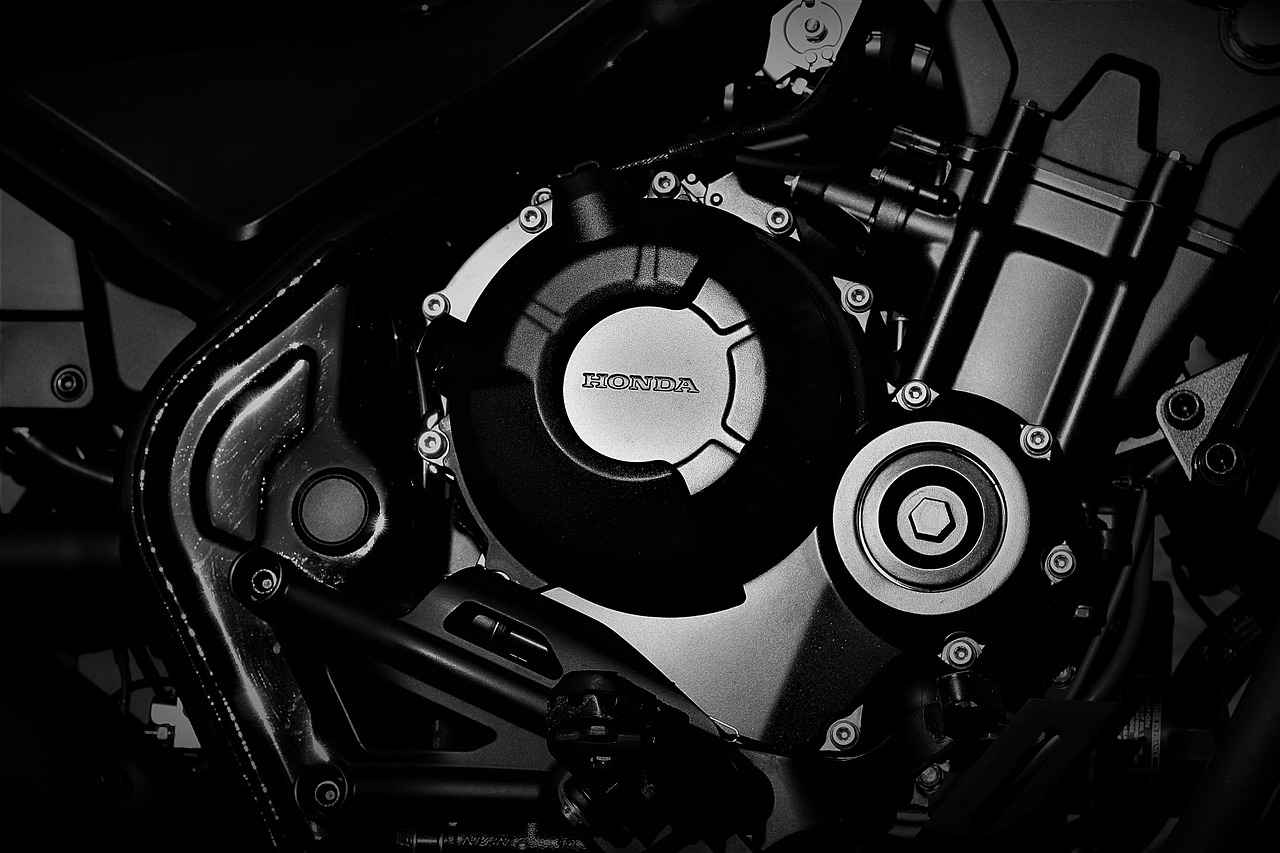
What is Four Wheel Drive (4WD)?
Four-wheel drive (4WD) is a sophisticated drivetrain system designed to distribute power to all four wheels of a vehicle simultaneously. This system enhances traction and stability, making it particularly beneficial in challenging driving conditions such as snow, mud, or off-road environments. By understanding how 4WD operates, we can appreciate why certain vehicles, such as the Honda Accord, do not include this feature.
In a typical 4WD system, power is transmitted from the engine to a transfer case, which then divides the power between the front and rear axles. This allows for improved grip and control, especially on slippery surfaces. In contrast, vehicles without 4WD often rely on front-wheel drive (FWD) or rear-wheel drive (RWD) systems, which may not provide the same level of traction in adverse conditions.
It is essential to recognize that while 4WD offers enhanced capabilities for off-road and rugged driving, it can also add weight and complexity to a vehicle. This is one reason why many sedans, including the Honda Accord, opt for simpler drivetrain options that prioritize fuel efficiency and comfort over off-road prowess.
In summary, understanding the mechanics of four-wheel drive helps clarify its absence in certain vehicles, like the Honda Accord. The Accord focuses on delivering a smooth, efficient driving experience suited for urban and highway conditions rather than off-road adventures.
The Honda Accord is primarily available with front-wheel drive (FWD), which has become a standard choice for many sedans. This drivetrain configuration offers several advantages, including improved fuel efficiency and a lighter overall vehicle weight. With FWD, the engine’s power is directed to the front wheels, allowing for better handling and traction in typical driving scenarios.
In addition to FWD, some versions of the Accord may offer hybrid options that combine gasoline engines with electric motors, further enhancing fuel efficiency. However, the absence of a 4WD option means that drivers looking for off-road capabilities will need to consider alternative vehicles.
There are several reasons why the Honda Accord does not come equipped with a four-wheel drive system. Primarily, the Accord is designed to cater to a market that values efficiency and comfort over off-road capability. Most Accord drivers prioritize a smooth commute and fuel economy, which FWD provides effectively.
Moreover, the design philosophy of the Accord emphasizes a lightweight structure, which can be compromised by the additional components required for 4WD systems. This focus on efficiency aligns with Honda’s commitment to producing vehicles that meet the needs of everyday drivers.
When comparing front-wheel drive to four-wheel drive in sedans, it is crucial to understand the distinct advantages and disadvantages of each system. FWD vehicles generally provide better fuel economy, as they are lighter and have fewer components to manage. This can lead to lower maintenance costs over time.
- Advantages of FWD:
- Improved fuel efficiency
- Better handling in wet conditions
- Lower overall vehicle weight
- Advantages of 4WD:
- Enhanced traction on rough terrain
- Better performance in snow and mud
- Increased stability during off-road driving
Ultimately, the choice between FWD and 4WD depends on the driver’s specific needs and driving conditions. For most sedan drivers, FWD provides the necessary balance of efficiency and performance.
The Honda Accord is renowned for its performance, particularly in urban and highway settings. Its FWD system allows for quick acceleration and responsive handling, making it a popular choice among drivers who value a smooth, engaging driving experience. Compared to 4WD vehicles, the Accord’s lightweight design contributes to its agile maneuverability and fuel efficiency.
In various driving conditions, the Accord maintains stability and control, proving to be a reliable option for daily commutes. While it may not have the off-road capabilities of a 4WD vehicle, its performance remains commendable in typical driving scenarios.
For those seeking a sedan with four-wheel drive, there are several alternatives available in the market. Models such as the Subaru Legacy and Toyota Camry AWD offer 4WD options, catering to drivers who require enhanced traction and stability.
| Model | Drivetrain Type | Key Features |
|---|---|---|
| Subaru Legacy | AWD | Standard AWD, spacious interior |
| Toyota Camry AWD | AWD | Dynamic handling, advanced safety features |
These alternatives provide options for drivers who prioritize off-road capabilities while still enjoying the sedan experience.

Honda Accord Drivetrain Options
The Honda Accord is a well-regarded sedan known for its reliability, comfort, and performance. One of the key aspects that prospective buyers consider is the vehicle’s drivetrain options. This section delves into the specifics of the Honda Accord’s drivetrain configurations, focusing on their implications for performance and handling across different driving conditions.
The Honda Accord primarily features front-wheel drive (FWD) configurations. This drivetrain option means that the engine’s power is directed to the front wheels, providing several advantages:
- Improved Fuel Efficiency: FWD vehicles typically weigh less than their all-wheel drive counterparts, resulting in better fuel economy.
- Enhanced Handling: The front-wheel drive system allows for better traction during acceleration, particularly on wet or slippery roads.
- Cost-Effectiveness: FWD systems are generally less complex and, therefore, less expensive to manufacture and maintain.
When it comes to performance, the front-wheel drive system in the Honda Accord plays a significant role. The weight distribution in FWD vehicles tends to favor the front, which can lead to:
- Quicker Acceleration: Since the engine’s power is sent to the front wheels, the vehicle can accelerate more efficiently.
- Stability in Adverse Conditions: The weight of the engine over the front wheels helps maintain traction when navigating through rain or snow.
- Responsive Steering: FWD vehicles often provide a more direct steering response, enhancing the overall driving experience.
While the Accord primarily offers FWD, some models may include an all-wheel drive (AWD) option. AWD systems are designed to distribute power to all four wheels, improving traction and stability in challenging conditions. However, AWD is not standard across all Accord models and is generally less common in sedans compared to SUVs.
Understanding the differences between FWD and AWD is crucial for potential buyers. Here’s a quick comparison:
| Feature | FWD | AWD |
|---|---|---|
| Traction | Good in normal conditions | Excellent in adverse conditions |
| Fuel Efficiency | Higher | Lower |
| Cost | Less expensive | More expensive |
Many consumers wonder why the Honda Accord does not feature a four-wheel drive (4WD) option. The primary reason lies in the vehicle’s design philosophy. The Accord is engineered to prioritize efficiency and comfort, making it an ideal choice for daily commuting and family use rather than off-road adventures. Additionally, the target market for the Accord generally favors sedans that excel in urban and suburban environments, where FWD suffices.
The Honda Accord’s FWD system significantly influences the overall driving experience. Drivers often report a sense of confidence and control, especially in wet or slippery conditions. The design of the FWD system ensures that the vehicle remains stable during turns and accelerations, making it a popular choice among those seeking a dependable sedan.
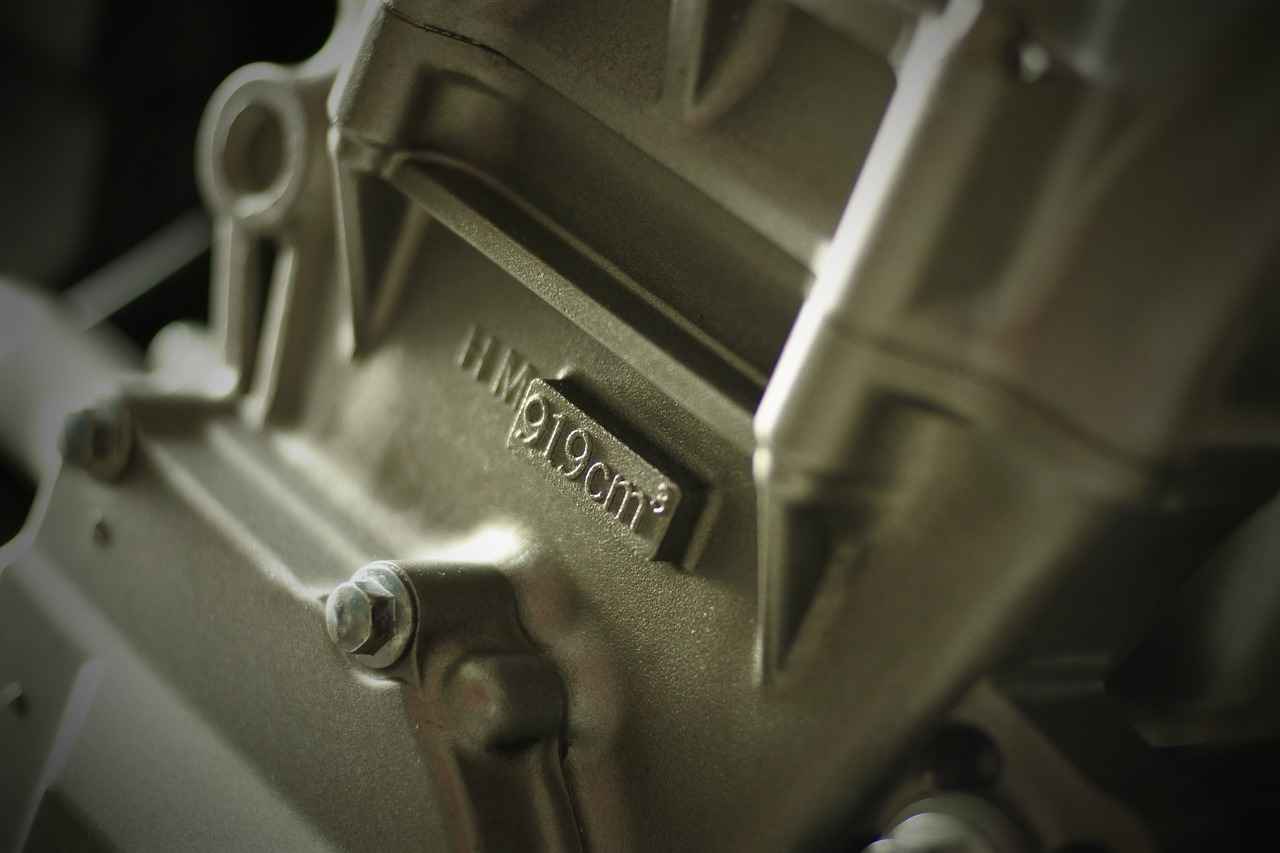
Why Doesn’t the Honda Accord Offer 4WD?
The Honda Accord is a well-regarded sedan known for its reliability, comfort, and fuel efficiency. However, one notable feature missing from its lineup is a four-wheel drive (4WD) option. This absence raises questions among potential buyers who might be curious about why Honda has chosen not to include this drivetrain configuration in the Accord. Understanding the rationale behind this decision requires a closer look at the vehicle’s design philosophy and its target market.
Design Philosophy: Prioritizing Efficiency and Comfort
The Honda Accord has been designed with a clear focus on providing a comfortable and efficient driving experience. The absence of 4WD is not an oversight but rather a deliberate choice that aligns with the brand’s core values. Honda engineers prioritize fuel efficiency and smooth handling over the rugged capabilities that 4WD offers. By opting for a front-wheel drive (FWD) system, the Accord can achieve better fuel economy, which is a significant selling point for many consumers.
Target Market: Urban and Suburban Drivers
The target demographic for the Honda Accord primarily includes urban and suburban drivers who value practicality and comfort in their daily commutes. For these consumers, the need for off-road capabilities is minimal. Instead, they seek a vehicle that performs well in city traffic, offers ample interior space, and provides a smooth ride. The FWD system in the Accord is well-suited for these driving conditions, delivering adequate traction and handling without the added complexity and weight of a 4WD system.
Cost Implications of 4WD
Integrating a 4WD option into the Accord would inevitably increase the vehicle’s cost. This price increase could alienate potential buyers who are looking for an affordable sedan. By keeping the design simple and focusing on FWD, Honda can offer the Accord at a competitive price point, making it accessible to a broader audience.
Comparative Performance: FWD vs. 4WD
When comparing FWD to 4WD, it is essential to consider the performance characteristics of each system. FWD vehicles tend to be lighter, which can enhance acceleration and fuel efficiency. In contrast, 4WD systems add weight and complexity, which can detract from the driving experience in typical urban environments. For most Accord drivers, the benefits of FWD—such as better fuel economy and lower maintenance costs—outweigh the advantages of 4WD.
Market Trends and Consumer Preferences
Current market trends also indicate a shift in consumer preferences toward sedans that offer efficient performance rather than off-road capabilities. Many buyers are now more interested in vehicles that provide safety, reliability, and advanced technology features. Honda has recognized this trend and has tailored the Accord to meet these demands, further justifying the absence of a 4WD option.
Conclusion
In summary, the Honda Accord does not offer a four-wheel drive option due to its design philosophy prioritizing efficiency and comfort, its target market’s preferences, cost implications, and current market trends. By focusing on front-wheel drive, Honda ensures that the Accord remains a practical and appealing choice for the majority of consumers.
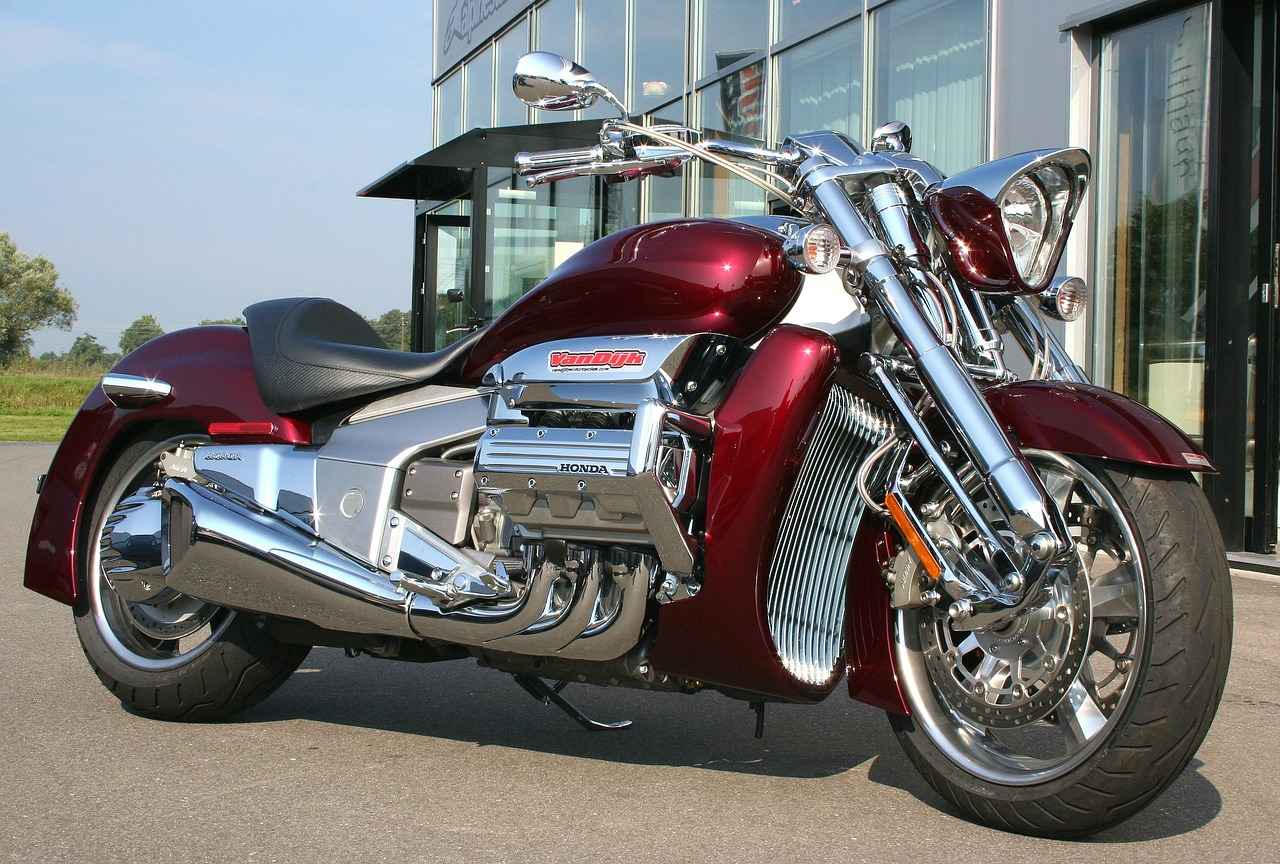
Comparing FWD and 4WD in Sedans
When it comes to choosing a sedan, understanding the differences between front-wheel drive (FWD) and four-wheel drive (4WD) is essential for making an informed decision. Each drivetrain type has its unique benefits and drawbacks, particularly in terms of performance, usability, and driving experience.
What is Front-Wheel Drive (FWD)?
Front-wheel drive systems deliver power to the front wheels of a vehicle, providing better traction during acceleration, especially on slippery surfaces. This configuration is typically lighter and more fuel-efficient, making it a popular choice for sedans like the Honda Accord. FWD vehicles tend to have a more compact design, allowing for more interior space.
What is Four-Wheel Drive (4WD)?
In contrast, four-wheel drive systems engage all four wheels simultaneously, which significantly enhances traction and stability. This makes 4WD particularly suitable for off-road conditions or inclement weather. However, the added complexity and weight of 4WD systems can lead to decreased fuel efficiency and increased maintenance costs.
Benefits of FWD in Sedans
- Fuel Efficiency: FWD vehicles typically offer better fuel economy compared to their 4WD counterparts due to their lighter weight and simpler drivetrain.
- Cost-Effectiveness: FWD sedans generally come at a lower price point, making them more accessible to a broader audience.
- Handling: FWD provides predictable handling characteristics, making it easier for drivers to navigate tight turns and urban environments.
Drawbacks of FWD
- Traction Limitations: While FWD performs well in most conditions, it may struggle in deep snow or on rugged terrain.
- Understeer: FWD vehicles can exhibit understeer during aggressive cornering, where the front wheels lose grip before the rear wheels.
Benefits of 4WD in Sedans
- Enhanced Traction: 4WD systems provide superior grip on slippery or uneven surfaces, making them ideal for off-road adventures or harsh weather conditions.
- Improved Stability: The ability to distribute power to all four wheels enhances vehicle stability, especially during acceleration.
Drawbacks of 4WD
- Fuel Consumption: 4WD vehicles often consume more fuel due to their heavier components and complex systems.
- Higher Costs: The initial purchase price and maintenance costs of 4WD vehicles tend to be higher than FWD options.
Performance Comparison
In terms of performance, FWD sedans like the Honda Accord excel in urban environments, offering a smooth and efficient driving experience. On the other hand, 4WD vehicles are better equipped for off-road conditions, providing the necessary traction and control. However, for everyday driving, the advantages of FWD often outweigh those of 4WD.
Conclusion
Ultimately, the choice between FWD and 4WD in sedans depends on individual needs and driving conditions. For those prioritizing fuel efficiency and cost, FWD is typically the better option. Conversely, if off-road capability and enhanced traction are essential, then 4WD may be worth considering.

Performance of the Honda Accord
The Honda Accord has established a reputation for delivering exceptional performance across a variety of driving conditions. With its front-wheel drive (FWD) system, the Accord offers unique advantages in terms of acceleration, handling, and overall driving experience. This analysis delves into how the FWD system of the Accord compares to four-wheel drive (4WD) vehicles, highlighting key performance aspects that make it a popular choice among sedan enthusiasts.
The front-wheel drive system in the Honda Accord significantly influences its acceleration. By directing power to the front wheels, the Accord optimizes traction during takeoff, especially on dry roads. This configuration allows for quicker acceleration compared to rear-wheel drive systems, where weight distribution can hinder performance. In contrast, while 4WD vehicles excel in off-road scenarios, they often add weight and complexity, which can affect their acceleration on paved surfaces.
When it comes to handling, the Honda Accord’s FWD layout provides enhanced control and stability. The engine’s weight over the front wheels contributes to improved grip during cornering. This is particularly beneficial in adverse weather conditions such as rain or snow, where the Accord’s design helps mitigate the risk of losing traction. In comparison, 4WD vehicles, while offering superior grip in rugged terrains, can feel bulkier and less responsive on city streets.
The overall driving experience in the Honda Accord is characterized by a balance of comfort and performance. The FWD system allows for a smoother ride, reducing the noise and vibrations typically associated with 4WD systems. This results in a more enjoyable experience for daily commutes and long-distance travel. Additionally, the Accord’s suspension is finely tuned to absorb bumps and imperfections in the road, ensuring that passengers enjoy a comfortable ride.
To fully appreciate the Honda Accord’s performance, it is essential to compare it with 4WD vehicles. While 4WD systems are invaluable for off-road adventures and challenging terrains, they often come with trade-offs. For instance, 4WD vehicles can be less fuel-efficient due to their added weight and complexity. In contrast, the Accord’s FWD system not only enhances fuel economy but also simplifies the driving experience, making it an appealing option for urban drivers.
Feedback from Honda Accord owners consistently highlights the vehicle’s reliable performance. Many drivers appreciate the predictable handling and the confidence it instills during various driving conditions. Owners often report that the FWD system provides a sense of security when navigating through rain or light snow, making it a practical choice for those living in regions with fluctuating weather.
In summary, the Honda Accord’s front-wheel drive system plays a pivotal role in its performance. With superior acceleration, enhanced handling, and a comfortable driving experience, the Accord stands out in the sedan market. While 4WD vehicles have their advantages, the Accord’s design philosophy prioritizes efficiency and everyday usability, making it a top choice for those seeking a reliable and enjoyable driving experience.

What Are the Alternatives to the Honda Accord?
If you’re in the market for a sedan that offers four-wheel drive (4WD), the options may seem limited, especially if you are considering the Honda Accord, which does not feature this drivetrain. However, there are several alternatives that provide 4WD capabilities, catering to various preferences and needs. This section explores some of these models, highlighting their key features and benefits.
The Subaru Legacy is a standout in the sedan category when it comes to 4WD. With its standard all-wheel drive system, it offers enhanced traction and stability, making it an excellent choice for those living in areas with harsh weather conditions. Key features include:
- Spacious Interior: Ample room for passengers and cargo.
- Safety Ratings: Consistently high safety ratings from organizations like the IIHS.
- Fuel Efficiency: Competitive fuel economy for a 4WD vehicle.
The Toyota Camry has recently introduced a 4WD option, appealing to buyers who desire reliability combined with off-road capabilities. This model stands out due to:
- Robust Engine Options: Available with a powerful V6 engine.
- Advanced Technology: Features like adaptive cruise control and lane-keeping assist.
- Comfortable Ride: Known for its smooth handling and comfortable seating.
The Mazda6 is another excellent alternative for those seeking a sedan with 4WD. While it primarily offers front-wheel drive, it’s important to note that some variants may feature all-wheel drive. Highlights include:
- Sleek Design: A stylish exterior that turns heads.
- Dynamic Handling: Known for its sporty performance and responsive steering.
- High-Quality Interior: Premium materials and a user-friendly infotainment system.
The Ford Fusion offers an all-wheel drive option, making it a strong contender in the 4WD sedan market. Its advantages include:
- Variety of Trims: Multiple trims to suit different preferences and budgets.
- Spacious Cabin: Plenty of legroom for both front and rear passengers.
- Safety Features: Equipped with advanced safety technologies, including blind-spot monitoring.
The Volkswagen Passat is another sedan that offers 4WD capabilities. With its refined design and robust performance, it appeals to a wide range of buyers. Key features include:
- European Styling: A sophisticated look with a comfortable interior.
- Responsive Handling: Smooth and controlled driving experience.
- Advanced Infotainment: A modern infotainment system with smartphone integration.
In summary, while the Honda Accord does not offer 4WD, there are several compelling alternatives available in the market. Each of these models comes with its own set of features and benefits, allowing potential buyers to choose the sedan that best fits their lifestyle and driving needs. Whether you prioritize safety, performance, or comfort, options like the Subaru Legacy, Toyota Camry, Mazda6, Ford Fusion, and Volkswagen Passat provide excellent alternatives to consider.

Honda Accord’s All-Wheel Drive Options
The Honda Accord is a popular choice for many drivers, known for its reliability, comfort, and performance. While it does not offer a traditional four-wheel drive (4WD) system, some models are equipped with all-wheel drive (AWD). This section delves into the distinctions between AWD and 4WD, particularly in the context of the Honda lineup, and what it means for potential buyers.
All-wheel drive is a drivetrain system that distributes power to all four wheels of a vehicle, but it operates differently than 4WD. AWD systems are typically designed for on-road use and can automatically adjust power distribution based on traction needs, making them ideal for various driving conditions.
- Functionality: 4WD is often manually engaged and is designed for off-road conditions, providing maximum traction when needed. In contrast, AWD is always active and adjusts power distribution without driver intervention.
- Use Cases: 4WD is preferred for rugged terrains and off-road adventures, while AWD is more suited for everyday driving, including wet or snowy roads.
- Complexity: 4WD systems tend to be more complex and heavier, which can impact fuel efficiency. AWD systems are generally lighter and more efficient.
While the Honda Accord does not come with 4WD, certain models in the Honda lineup, like the Honda CR-V and Honda HR-V, do offer AWD options. These vehicles are designed to provide enhanced traction and stability, making them suitable for a wider range of driving conditions.
For drivers who prioritize fuel efficiency and comfort but still want the added traction that AWD provides, the Honda Accord’s AWD option is an excellent choice. It allows for improved handling in adverse weather without sacrificing the sedan’s overall performance.
As more consumers seek vehicles that can handle diverse driving conditions, the demand for AWD options has increased. The Honda Accord, while primarily a front-wheel drive vehicle, recognizes this trend and offers AWD in select models to cater to this market.
In summary, while the Honda Accord does not feature 4WD, its availability of AWD in certain models offers a practical solution for drivers looking for enhanced traction without compromising on fuel efficiency. Understanding the differences between AWD and 4WD can help potential buyers make informed decisions based on their driving needs.

Consumer Preferences and Market Trends
Consumer preferences play a pivotal role in shaping the automotive market, influencing manufacturers like Honda in their design and feature offerings. Understanding the dynamics of these preferences provides insight into why the Honda Accord does not come equipped with four-wheel drive (4WD). This section delves into current market trends and consumer desires, illustrating how these factors impact vehicle design.
In recent years, there has been a noticeable shift in consumer priorities, with many drivers favoring fuel efficiency and comfort over rugged capabilities. The Honda Accord, primarily designed as a family sedan, aligns with this trend by offering a front-wheel drive (FWD) system that enhances fuel economy. Consumers are increasingly looking for vehicles that provide a smooth ride, lower emissions, and reduced operating costs. As such, the demand for 4WD in sedans has diminished, leading Honda to focus on features that appeal to the majority of Accord buyers.
Moreover, the rise of urban living has shifted the way consumers view vehicle utility. Many drivers now prioritize maneuverability and ease of parking over off-road capabilities. The Accord’s FWD system allows for better handling in city environments, making it a more attractive option for those navigating crowded streets and tight parking spaces. This change in lifestyle has led Honda to tailor the Accord’s design to meet the needs of modern consumers.
Additionally, market research indicates that safety features and technology integration are becoming increasingly important to buyers. The Honda Accord excels in these areas, offering advanced safety systems and connectivity options that resonate with tech-savvy consumers. By focusing on these attributes, Honda can differentiate the Accord from competitors that may offer 4WD, yet lack in other key areas.
Another factor influencing Honda’s decision is the competitive landscape of the automotive market. With many manufacturers offering SUVs and crossovers equipped with 4WD, the demand for 4WD sedans has significantly decreased. Instead of diverting resources to develop a 4WD version of the Accord, Honda has chosen to enhance the existing model’s features and performance, ensuring it remains a top choice in the sedan category.
To further illustrate the impact of consumer preferences, consider the following table:
| Consumer Preference | Impact on Honda Accord |
|---|---|
| Fuel Efficiency | Prioritizes FWD for better MPG ratings |
| Urban Maneuverability | Enhances handling and ease of parking |
| Safety Features | Focus on advanced safety technologies |
| Technology Integration | Improves connectivity and infotainment options |
In conclusion, understanding consumer preferences is crucial in explaining Honda’s strategic choices regarding the Accord. As market trends evolve, so do the expectations of drivers, leading manufacturers to adapt accordingly. By prioritizing efficiency, safety, and technology, Honda ensures that the Accord remains a competitive and appealing option for a broad audience.

How Does FWD Affect Fuel Efficiency?
When it comes to choosing a vehicle, fuel efficiency plays a pivotal role in the decision-making process for many consumers. In this section, we delve into how the front-wheel drive (FWD) system of the Honda Accord significantly enhances its fuel economy compared to traditional four-wheel drive (4WD) vehicles. Understanding these differences can help potential buyers make informed choices based on their driving needs and preferences.
The front-wheel drive system in the Honda Accord is designed to optimize fuel efficiency by directing power to the front wheels only. This configuration reduces the overall weight of the vehicle, which is a critical factor in fuel consumption. In comparison, 4WD systems typically add weight due to additional components, such as transfer cases and drive shafts, which can negatively impact fuel economy.
One of the key benefits of the Accord’s FWD system is its lighter weight. A lighter vehicle requires less energy to move, leading to better fuel efficiency. Additionally, the aerodynamic design of the Accord minimizes drag, allowing it to glide more smoothly through the air. This combination of reduced weight and improved aerodynamics contributes significantly to its impressive fuel economy ratings.
FWD vehicles, like the Honda Accord, excel in typical driving conditions such as city and highway driving. Their design allows for better traction on paved surfaces, which is where most drivers spend the majority of their time. In contrast, 4WD systems are often optimized for off-road conditions, which may not provide the same level of efficiency on standard roads. This distinction is crucial for buyers who prioritize everyday usability over off-road capability.
| Model | Drivetrain | Fuel Economy (MPG) |
|---|---|---|
| Honda Accord | FWD | 30 city / 38 highway |
| Typical 4WD Sedan | 4WD | 22 city / 28 highway |
When comparing the Honda Accord’s fuel efficiency with that of 4WD vehicles, the differences become evident. While 4WD systems provide enhanced traction in challenging conditions, they often come at the cost of higher fuel consumption. For instance, a typical 4WD sedan may achieve around 22 MPG in the city and 28 MPG on the highway, which is significantly lower than the Accord’s ratings. This makes the Accord a more appealing option for those who prioritize fuel savings.
Choosing a vehicle with better fuel efficiency can lead to substantial savings over time. With rising fuel prices, the Honda Accord’s FWD system not only offers better mileage but also translates to lower fuel expenses for its owners. Over the lifespan of the vehicle, these savings can be significant, making the Accord an economically wise choice for budget-conscious consumers.
In summary, the front-wheel drive system of the Honda Accord plays an essential role in enhancing its fuel efficiency. By reducing weight, improving aerodynamics, and excelling in typical driving conditions, the Accord provides a compelling option for those seeking an economical and reliable sedan. As consumers continue to prioritize fuel economy, understanding the advantages of FWD systems will be increasingly important in the vehicle selection process.

Safety Features of the Honda Accord
Safety is a top priority for Honda, and the Accord exemplifies this commitment through a range of advanced safety features. This section reviews the various safety technologies integrated into the Accord, highlighting how its front-wheel drive (FWD) system enhances stability and control, especially during adverse weather conditions.
The Honda Accord is equipped with a suite of safety features known as the Honda Sensing® suite. This comprehensive package includes:
- Collision Mitigation Braking System™ (CMBS™): This feature helps to prevent or mitigate collisions by applying the brakes when it detects an imminent crash.
- Road Departure Mitigation System (RDM): This system uses a small camera to detect road markers and can apply the brakes if it determines that the vehicle is about to leave the roadway.
- Adaptive Cruise Control (ACC): This technology maintains a set speed while also adjusting the vehicle’s speed to maintain a safe following distance from the car ahead.
- Lane Keeping Assist System (LKAS): This feature helps keep the vehicle centered in its lane, providing gentle steering assistance when necessary.
Another essential aspect of the Accord’s safety is its robust structural integrity. The vehicle is designed with a high-strength steel frame that enhances crashworthiness, providing better protection for occupants in the event of a collision. Additionally, the Accord features multiple airbags strategically placed throughout the cabin to ensure maximum safety for all passengers.
One of the significant advantages of the Accord’s front-wheel drive (FWD) system is its ability to provide better traction in wet or slippery conditions. Unlike rear-wheel drive vehicles, FWD places the engine’s weight over the front wheels, enhancing grip and stability. This design is particularly beneficial when navigating through rain, snow, or ice, as it allows for improved control and reduced risk of skidding.
Moreover, the Accord’s Electronic Stability Control (ESC) works in tandem with the FWD system to help maintain the vehicle’s intended path. By automatically applying brakes to individual wheels, ESC can prevent loss of control during sudden maneuvers or adverse conditions. This feature is crucial for enhancing the overall driving experience and ensuring driver confidence.
In addition to these features, the Honda Accord also boasts excellent visibility, thanks to its large windows and well-designed mirrors. Enhanced visibility plays a vital role in safety, allowing drivers to better assess their surroundings and react accordingly.
When considering the safety of the Honda Accord, it’s essential to note its performance in crash tests. The Accord consistently receives high ratings from organizations such as the National Highway Traffic Safety Administration (NHTSA) and the Insurance Institute for Highway Safety (IIHS). These endorsements reflect Honda’s dedication to engineering vehicles that prioritize occupant safety.
In summary, the Honda Accord’s safety features, combined with its FWD system, provide a reliable and secure driving experience. The integration of advanced technologies, structural integrity, and excellent traction capabilities make the Accord a top choice for those prioritizing safety in their vehicle selection.
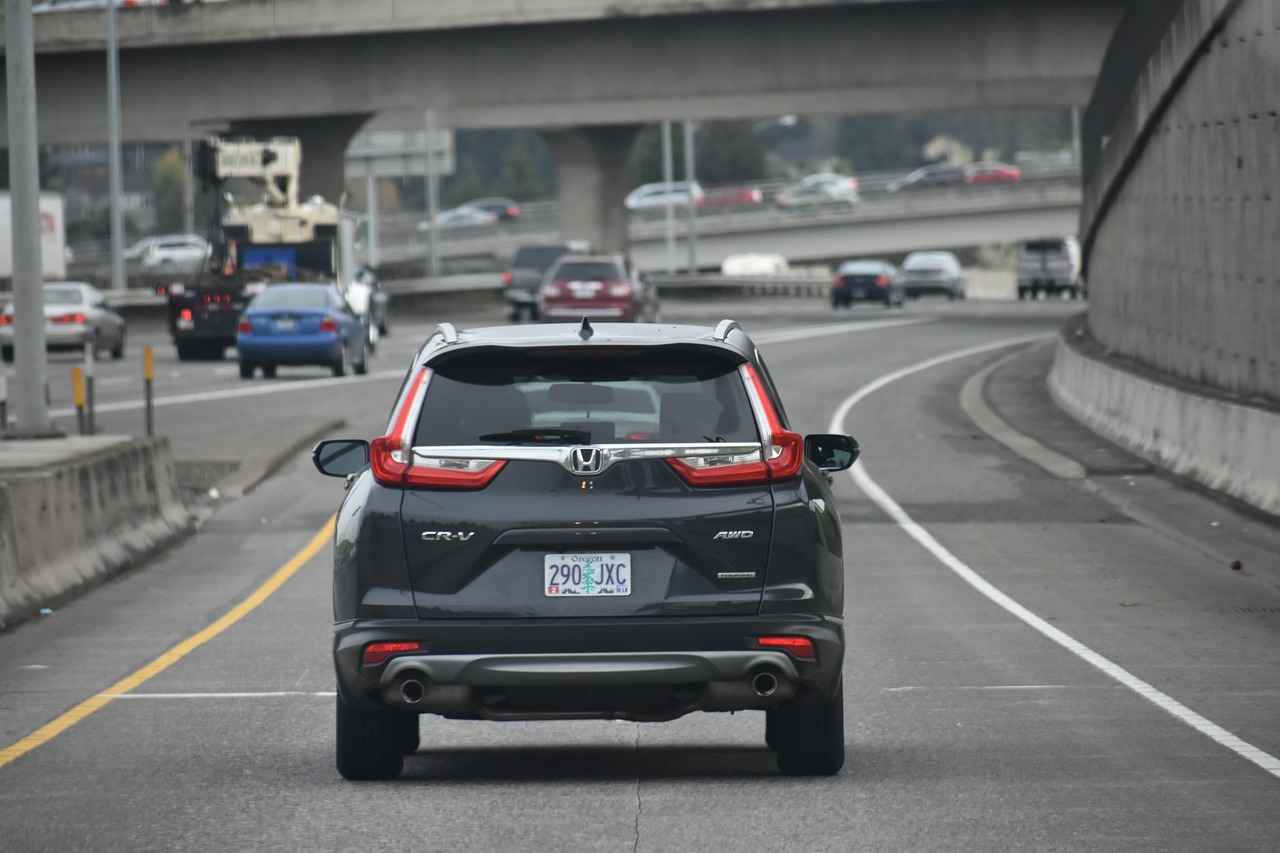
Owner Experiences with the Honda Accord
When it comes to understanding the real-world performance of the Honda Accord, the feedback from actual owners serves as an invaluable resource. This section delves into the experiences shared by Honda Accord drivers, offering insights into various aspects such as performance, handling, and the notable absence of four-wheel drive (4WD) in the vehicle.
Many Honda Accord owners appreciate the vehicle’s reliable performance in everyday driving conditions. The front-wheel drive system is often praised for its excellent traction on paved roads, making it particularly adept at handling rain and light snow. Owners frequently report that the Accord provides a smooth and comfortable ride, which is a significant factor for those who prioritize daily commuting over off-road capabilities.
However, the lack of 4WD has raised questions among some drivers, especially those who live in regions with harsher weather conditions. A number of owners have expressed that while they enjoy the Accord’s overall performance, they sometimes feel limited by its inability to tackle more challenging terrains. This sentiment is particularly evident among those who are accustomed to vehicles equipped with 4WD systems, as they note the added confidence that comes with that feature.
In terms of handling, the Accord receives favorable reviews for its responsive steering and stability during cornering. Many users highlight the vehicle’s ability to maintain control at higher speeds, contributing to a sense of safety and reliability. Additionally, the Accord’s suspension system is often noted for its ability to absorb bumps and uneven surfaces, enhancing the overall driving experience.
Despite the absence of 4WD, some owners have found that the Accord meets their needs perfectly. For instance, those who prioritize fuel efficiency and a comfortable ride over off-road capabilities are generally satisfied with their purchase. Many users have pointed out that the Accord’s fuel economy is a significant advantage, allowing them to save on gas while enjoying a spacious and well-designed interior.
Moreover, Honda Accord owners often share their experiences regarding the vehicle’s maintenance and reliability. Many report low maintenance costs and a strong track record for longevity, further solidifying their loyalty to the brand. This aspect is particularly appealing to those who are looking for a dependable vehicle that can withstand the test of time.
In conclusion, while the Honda Accord may not offer a 4WD option, the feedback from its owners reveals a vehicle that excels in performance, handling, and overall reliability. The Accord’s design meets the needs of a large segment of drivers who prioritize comfort, fuel efficiency, and practicality. As such, it remains a popular choice in the sedan market, appealing to a wide range of consumers.
Frequently Asked Questions
- Does the Honda Accord have four-wheel drive?
No, the Honda Accord does not offer a four-wheel drive (4WD) option. It primarily comes with front-wheel drive (FWD), which is designed for improved fuel efficiency and on-road performance.
- What are the benefits of front-wheel drive in the Honda Accord?
Front-wheel drive enhances fuel efficiency, provides better traction in wet conditions, and typically results in a lighter vehicle, which can improve handling and acceleration.
- Are there any Honda models that offer all-wheel drive?
Yes, while the Accord does not have 4WD, some Honda models, like the CR-V and HR-V, come with all-wheel drive (AWD) options, providing better handling in various terrains.
- Why is four-wheel drive not included in the Accord?
The Honda Accord is designed for efficiency and comfort, targeting urban and suburban drivers who prioritize fuel economy and smooth ride quality over off-road capabilities.
- How does front-wheel drive affect the Accord’s performance?
The front-wheel drive system in the Honda Accord contributes to a balanced driving experience, allowing for quicker acceleration and better control during adverse weather conditions.
